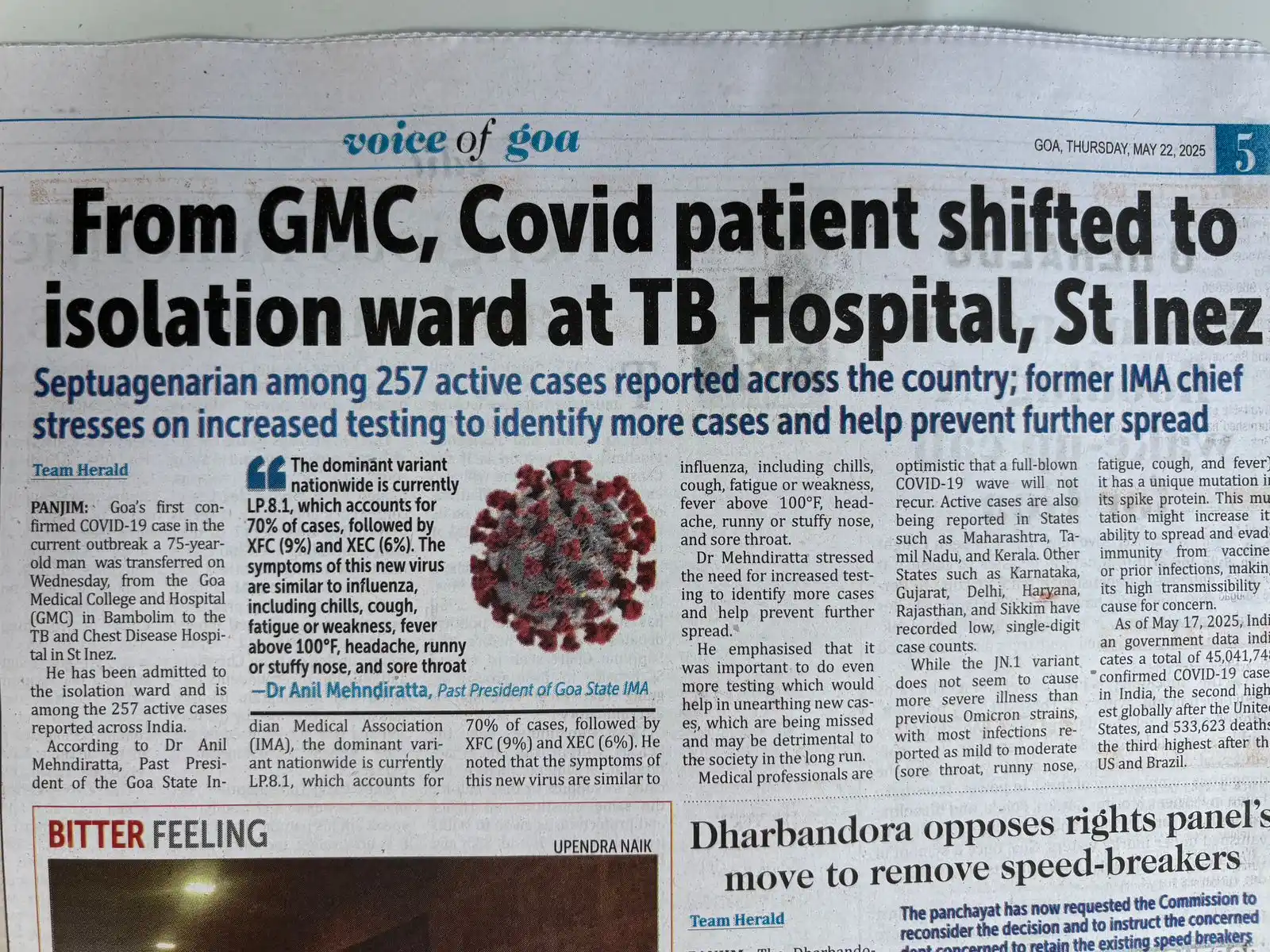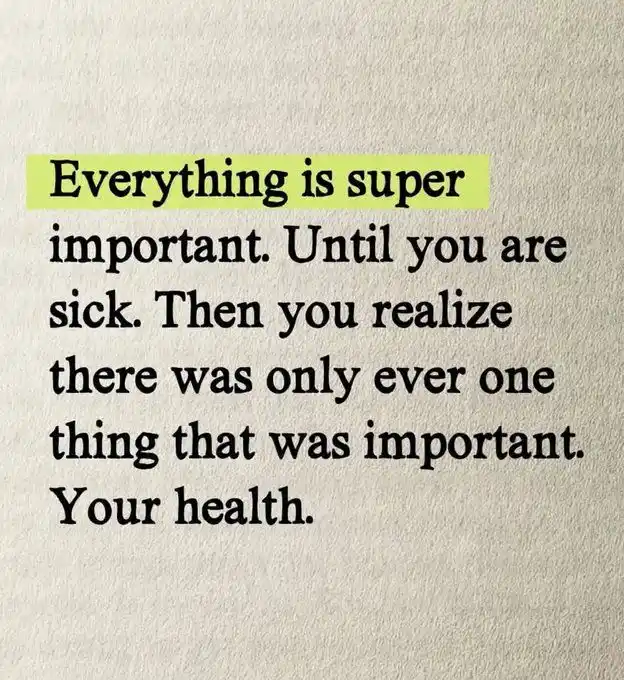
Dr Anil Mehndiratta
300 subscribers
About Dr Anil Mehndiratta
Chest Physician & DG Shipping and OGUK/OEUK Approved Medical Examiner, Indian Medical Association Goa State President 2019, Life Time Achievement Award by Indian Medical Association 2024, KRISHNA CLINIC, (ISO 9001-2015 and ISO 15189:2022 certified), Off 102,Ist Floor, Dr Ozler Forum, Next to Roys Petrol Pump, Vasco da Gama, Goa. 403802 Ph;0832-2516569, 09823017806
Similar Channels
Swipe to see more
Posts

Excessive fructose consumption - It can have negative effects on health, particularly when consumed in large amounts through added sugars in processed foods and beverages. ## Potential Health Risks 1. *Metabolic disorders*: Excessive fructose consumption has been linked to an increased risk of metabolic disorders, including insulin resistance, type 2 diabetes, and obesity. 2. *Fatty liver disease*: Fructose can contribute to the development of non-alcoholic fatty liver disease (NAFLD) by promoting fat accumulation in the liver. 3. *Cardiovascular disease*: High fructose intake may increase the risk of cardiovascular disease by contributing to high blood pressure, triglycerides, and LDL ("bad") cholesterol. 4. *Gout*: Excessive fructose consumption can increase uric acid production, which may contribute to the development of gout. ## Recommended Daily Intake 1. *Limit added sugars*: The American Heart Association recommends limiting daily added sugar intake to 25 grams (6 teaspoons) for women and 36 grams (9 teaspoons) for men. 2. *Natural sources*: Fructose is naturally found in fruits, vegetables, and dairy products. Consuming these foods in moderation is generally not a concern. ## Tips for Reducing Fructose Intake 1. *Read labels*: Check food labels for added sugars, including high-fructose corn syrup, honey, and maple syrup. 2. *Choose whole foods*: Focus on whole, unprocessed foods like fruits, vegetables, whole grains, lean proteins, and healthy fats. 3. *Limit sugary drinks*: Avoid or limit sugary beverages like soda, sports drinks, and sweetened teas and coffees. 4. *Prepare meals at home*: Cooking at home allows you to control the amount of added sugars in your meals. By being mindful of fructose intake and following a balanced diet, you can reduce the risk of potential health problems associated with excessive fructose consumption.

ALL CHEST PAIN ARE NOT HEART ATTACKS- One of the commonest causes of chest pain and often overlooked is Gastroesophageal reflux disease (GERD) . It is a chronic condition where stomach acid flows back into the esophagus, causing symptoms and potentially leading to complications. Symptoms 1. *Heartburn*: A burning sensation in the chest and throat. 2. *Regurgitation*: Food or acid returning to the mouth. 3. *Difficulty swallowing*: Trouble swallowing food or liquids. 4. *Chest pain*: Pain or discomfort in the chest. Causes and Risk Factors 1. *Weakened lower esophageal sphincter (LES)*: The LES relaxes, allowing stomach acid to flow back into the esophagus. 2. *Hiatal hernia*: A condition where the stomach bulges up into the chest. 3. *Obesity*: Excess weight can put pressure on the stomach. 4. *Pregnancy*: Hormonal changes can relax the LES. 5. *Certain foods*: Foods that trigger symptoms, such as citrus fruits, tomatoes, chocolate, and spicy foods. Complications 1. *Esophagitis*: Inflammation of the esophagus. 2. *Stricture*: Narrowing of the esophagus. 3. *Barrett's esophagus*: Precancerous changes in the esophagus. 4. *Respiratory problems*: Aspiration of stomach acid into the lungs. Treatment and Management 1. *Lifestyle changes*: Dietary changes, weight loss, and avoiding triggers. 2. *Medications*: Antacids, histamine-2 (H2) blockers, and proton pump inhibitors (PPIs). 3. *Surgery*: Fundoplication or other surgical procedures may be necessary in severe cases.

Refined sugar is the most normalized yet harmful food. Refined sugar hides under deceptive names: glucose, high-fructose corn syrup, maltodextrin, cane juice, and more. It’s found not just in desserts but in: •Packaged breads •Sauces and dressings •Breakfast cereals •Energy bars •“Diet” foods and drinks

Gut Health- Things Not to Do for a Healthy Gut: 1. Don’t rely on over-the-counter medications for regular bowel movements. 2. Don’t forget to stay hydrated – water is essential for digestion. 3. Don’t use antacids regularly to manage heartburn or acidic belching. 4. Don’t neglect chewing your food properly – digestion starts in the mouth. 5. Don’t try to lose weight while ignoring gut health – heal your gut first. 6. Don’t fall for quick fixes or tips – gut healing is a holistic journey. 7. Don’t ignore your mental health – it directly affects your gut. 8. Don’t consume processed foods if you already have gut issues. 9. Don’t overdo caffeine – it can irritate your gut lining




















